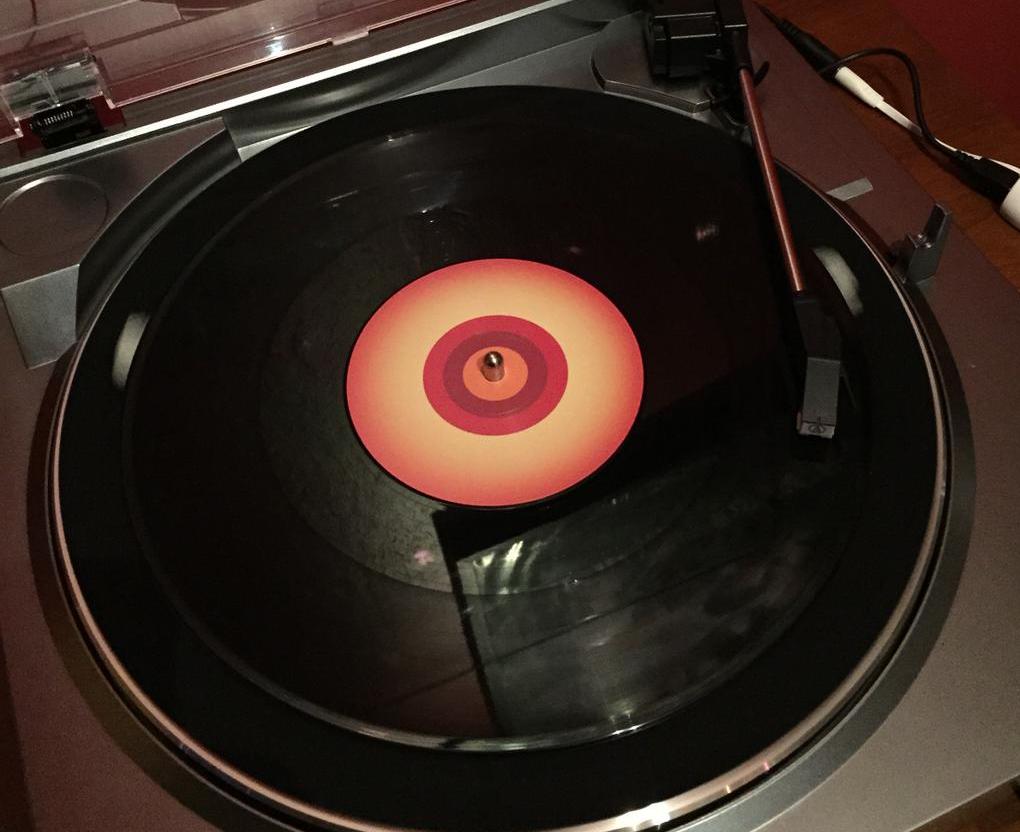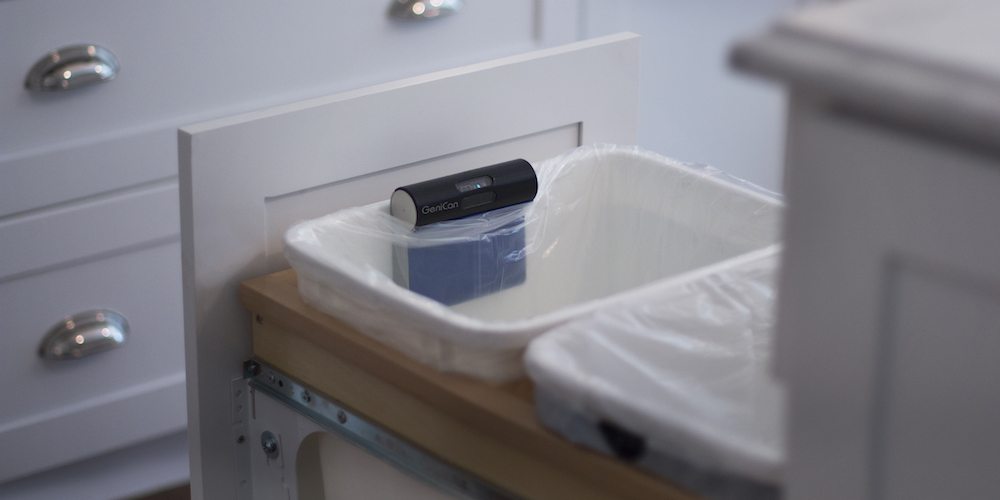I was listening to the radio while taking my daughter to preschool, and heard a discussion about new recommendations from the American Academy of Pediatrics regarding TV and screen time. This topic was already covered in more depth last week on the Wired Science blog, but I think as parents it’s worth considering a few of the points made.
First, the guidelines: AAP recommends no screen time for children under two years of age. It’s basically the same as their recommendations from 1999, but now it’s backed up with science. They’ve expanded the guidelines to include all screens, including things like iPads and iPhones, so it’s not just actual television programming. For kids over two, they recommend less than two hours of screen time per day.
What they’ve found is that the typical American child starts watching TV at about 4 months, with 90% of two-year-old children watching TV (or experiencing other screen time) regularly already. And although the recommended amount of screen time for older kids is up to 2 hours a day, frequently that is used by child care centers during the day, and then the child goes home and watches 2 more hours there, doubling the recommended amounts.
Screen time has been found to be detrimental in language skills, attention levels, and cognitive functions — and we’re not talking about showing Spongebob to some preschoolers. It’s that regular screen time for kids under two can have long-lasting effects on their ability to learn and focus later, when they’re in elementary school.
Although there’s obviously a lot of conversation about kids and touch screens, interactive books and digital literacy, I think it’s important not to overlook these findings from the AAP. Although they can’t be sure about the reasons for some of the detrimental effects of screen time, they have some hypotheses: one (and the most relevant for us as parents) is that when there is visual media, even when it is in the background, that cuts down significantly on the amount of time the adult speaks to the child, which is very important for language acquisition. It is, as has been mentioned before, our responsibility as parents to interact with and communicate with our kids, rather than allowing technology of whatever sort to babysit.
Very young children simply do not learn as well from a two-dimensional screen, whether it’s because of nonverbal cues they pick up from a live person or because they’re unable to parse the two-dimensional images on a screen. On the radio, professor Dimitri Christakis explained that studies have shown that young children seem to learn better from an adult speaking to them in person but that a lot of that is lost when they view that same person, speaking the same words, on a screen. My two kids are both older than two now, and the “no screen time” limitations aren’t intended to apply to them, but they still get very little screen time as it is. But this made me consider the amount of time I spend interacting with them even when they’re not glued to the TV: am I actively engaging my kids?
Rather than sticking your child in front of a TV or with an iPad, read a book. Play a board game. Run around outside. If you are going to let your baby play with your iPhone, at least talk to him or her the entire time. (That’s my recommendation, of course, not the AAP’s.) And of course, we all need a break from time to time — but rather than giving your kid a screen to stare out, put them in a room with toys or books or crayons and paper, and let them be bored. They’ll figure it out. After all, you didn’t grow up using an iPad as a baby, and you turned out fine, right?
(For more on this topic, you can listen to the entire conversation with Dimitri Christakis of the University of Washington, roughly 30 minutes long, on OPB’s website.)



